SUMMARY
This is AI generated summarization, which may have errors. For context, always refer to the full article.
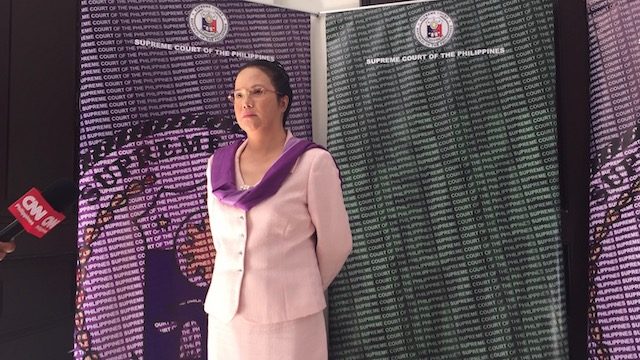
MANILA, Philippines – Chief public attorney Persida Rueda-Acosta faced relentless questioning on her stance on controversial Supreme Court (SC) rulings during her interview before the Judicial and Bar Council (JBC) on Wednesday, November 16, but her admission that she had not read up on these cases prompted one JBC member to advise Acosta to “read more.”
Acosta is undergoing a public interview as part of her application to the post of SC associate justice, to replace retiring Associate Justice Jose Perez.
JBC executive committee chairperson Angelina Sandoval-Gutierrez quizzed Acosta on whether she would have concurred or dissented in previous SC rulings allowing the burial of the late dictator Ferdinand Marcos, the bail plea of Senator Juan Ponce Enrile, and the dismissal of the plunder case against former president Gloria Macapagal-Arroyo.
Asked first about the Marcos burial case – where the SC voted 9-5 to dismiss the petition assailing the planned burial at the heroes’ cemetery – Acosta said she would have concurred with the ruling.
As she began to explain that a republic act (RA) allows that a president be buried at the cemetery, Gutierrez interrupted her, saying, “There is no RA, compañera.”
When Acosta cited the Pantheon Law, or Republic Act 289, Gutierrez told her that it was not the law that is the basis of the assailed burial proposal, but the guidelines of the Armed Forces of the Philippines.
Asked if she had read the decision, Acosta admitted that she had read only the news about the decision. (READ: FULL TEXT: SC decision on the Marcos burial case)
Gutierrez then told her that she should have done so because she is applying for a Supreme Court position.
Gutierrez then went on by laying the facts of the case. She, in particular, cited the petitioners’ arguments that Marcos should not be buried at the cemetery because of exceptions in the guidelines that provide for this: those who have been dishonorably discharged and those convicted of crimes involving moral turpitude.
Asked again if she would have concurred or dissented, Acosta said she would have to do thorough research before she decides. But Gutierrez pressed her, saying SC justices should be quick-thinking.
Acosta then said she believes it is “time for the nation to be healed,” and that the issue was a political question.
‘Read up more’
Gutierrez employed the same line of questioning in asking about Acosta’s stance on the Arroyo plunder case and the granting of bail to Enrile.
Acosta admitted that she had read about the SC decision only in the newspapers. She was also corrected several times by Gutierrez when asked about the legal grounds and basis for the SC decision on the Enrile bail case.
“I advise you to read more, just in case you are nominated and appointed,” Gutierrez said.
Earlier, Gutierrez also told Acosta to go over the Rome Statute of the International Criminal Court (ICC), when she asked about the ICC’s jurisdiction over cases of extrajudicial killings and the definition of crimes against humanity.
“As justice of the Supreme Court, you should be knowledgeable on the aspects of the law,” Gutierrez said.
Under questioning from other JBC members, Acosta said she is qualified to become the next SC justice because of her public service as chief of the Public Attorney’s Office and her credibility.
“Ang kredibilidad ko hindi nabibili ng pera, ang kredibilidad ko ay sinasabi ng taumbayan at ng aking boss sa judiciary. Kredibilidad ang aking baon at aking karanasan bilang tagapamahala ng Public Attorney’s Office,” she said.
(My credibility cannot be bought, my credibility can be attested to by the people and by my bosses in the judiciary. I bring my credibility and my experience as chief of the Public Attorney’s Office.)
She also said that the fact that she had previously failed the bar exams should not be taken against her. Acosta pointed out that she later ranked 4th in the 1989 bar exams, and that this achievement serves as an inspiration to other aspiring lawyers.
Acosta, according to her profile posted on the website of the Ateneo de Manila University School of Law, graduated cum laude at the University of the East in 1982, with a degree in Bachelor of Science. In 1987, she received her Bachelor of Laws degree from the same university. She took the bar during that year, retook it in 1988, and then again in 1989 when she placed 4th.
Her specializations include civil law, legal aid, human rights, and social development. Last 2015, the multi-awarded lawyer completed her Doctorate in Social Development at the University of the Philippines-Diliman.
In legal circles, Acosta is being said to be among the strong contenders for the Supreme Court. – Rappler.com
Add a comment
How does this make you feel?
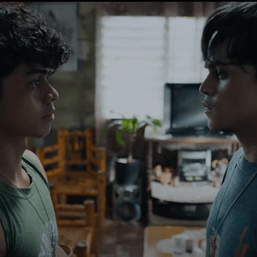
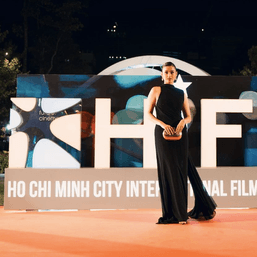



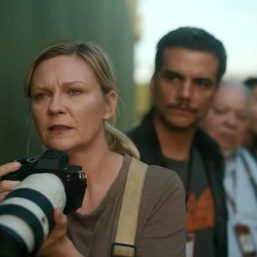
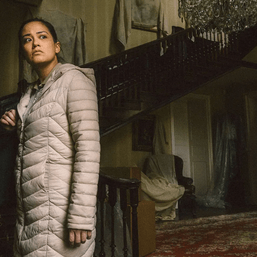
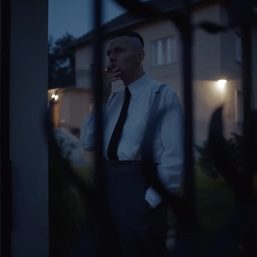

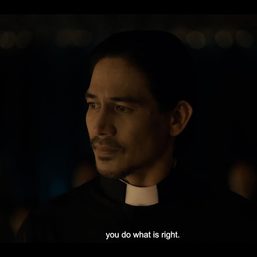
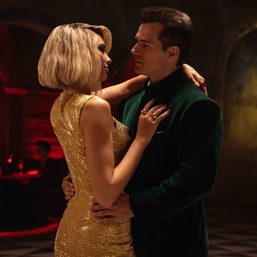
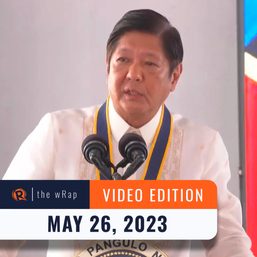

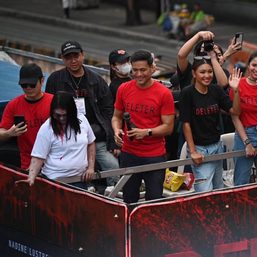
There are no comments yet. Add your comment to start the conversation.